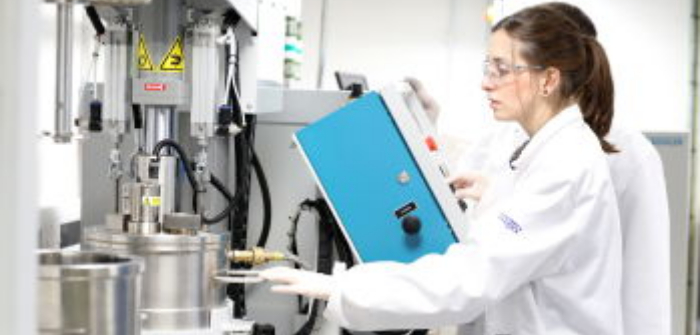WMG researchers at the University of Warwick in the UK are to move to an all-new research facility. The Faraday Institution (FI) will look to accelerate fundamental research into disruptive battery technologies as a part of a US$85m research initiative.
The Faraday Institution is set to become the UK’s independent, national institute for energy storage, thanks to funding from the Engineering and Physical Sciences Research Council (EPSRC).
With the government recently outlining the Faraday Battery Challenge, the move will see researchers focus on delivering an integrated research program, innovation and scale-up of novel battery technologies.
The institution, which will have a US$85m budget over four-years, will bring together industry and university expertise in an attempt to make the UK the go-to place for battery research and development.
“This is an exciting opportunity for the UK’s research community,” said Professor Pam Thomas, trustee at FI. “This step change in energy storage research will be crucial for the UK’s transportation infrastructure as policymakers and manufacturers plan for a rapid increase in our use of batteries.”
The investment will be used to set up the institution, establish a battery technology training program, and fund a series of research challenge projects carried out in the academic sector.
Peter Littlewood, executive chair at FI, said of his vision for the development, “Michael Faraday founded battery science and electrical engines in the 19th Century, and the UK led the invention of Li-ion batteries for mobile electronics in the 20th. In the 21st it should lead in the transition to electrification of vehicles, and then in the convergence of the digital and electrified economy.”
October 12, 2017


